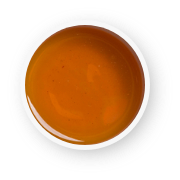Tea Info
Home > Learn > Tea Info

For hot tea
Bring one cup of water per tea bag, or teaspoon of dried tea, to a rolling boil.Measure the tea into a glass container (plastic and metal pick up unwanted flavors).Pour the boiling water over your tea and steep to the desired strength. Steep too long and you’ll get an acidic taste. Add milk and sugar to taste

For iced tea
Brew your tea in boiling water for 3 minutes, as described above.Chill with ice and keep in the fridge.
Health Benefits
Remember when your parents used to say that tea would stunt your growth? That couldn’t be farther from the truth. Medicinal properties in tea are beneficial to your health and well-being. Tea contains vitamins, minerals and antioxidants. A cup of tea has less than half the caffeine of coffee and is gentler on the body. While tea may not give you the fast kick that you get with a cup of coffee, it will certainly boost your energy levels and your immune system . If you’re not convinced that a soothing cup of hot tea may be just what the doctor orders for a clean bill of health, here are 11 reasons :
1. Tea contains antioxidants
Like the Rust-Oleum paint that keeps your outdoor furniture from rusting, tea’s antioxidants protect your body from the ravages of aging and the effects of pollution.
2. Tea has less caffeine than coffee
Coffee usually has two to three times the caffeine of tea (unless you’re a fan of Morning Thunder, which combines caffeine with mate, an herb that acts like caffeine in our body). An eight-ounce cup of coffee contains around 135 mg caffeine; tea contains only 30 to 40 mg per cup. If drinking coffee gives you the jitters, causes indigestion or headaches or interferes with sleep – switch to tea.
3. Tea may reduce your risk of heart attack and stroke
Unwanted blood clots formed from cholesterol and blood platelets cause heart attack and stroke. Drinking tea may help keep your arteries smooth and clog-free, the same way a drain keeps your bathroom pipes clear. A 5.6-year study from the Netherlands found a 70 percent lower risk of fatal heart attack in people who drank at least two to three cups of black tea daily compared to non-tea drinkers.
4. Tea protects your bones
It’s not just the milk added to tea that builds strong bones. One study that compared tea drinkers with non-drinkers, found that people who drank tea for 10 or more years had the strongest bones, even after adjusting for age, body weight, exercise, smoking and other risk factors. The authors suggest that this may be the work of tea’s many beneficial phytochemicals.
5. Tea gives you a sweet smile
One look at the grimy grin of Austin Powers and you may not think drinking tea is good for your teeth, but think again. It’s the sugar added to it that’s likely to blame for England’s bad dental record. Tea itself actually contains fluoride and tannins that may keep plaque at bay. So add unsweetened tea drinking to your daily dental routine of brushing and flossing for healthier teeth and gums.
6. Tea bolsters your immune defenses
Drinking tea may help your body’s immune system fight off infection. When 21 volunteers drank either five cups of tea or coffee each day for four weeks, researchers saw higher immune system activity in the blood of the tea drinkers.
7. Tea protects against cancer
Thank the polyphenols, the antioxidants found in tea, once again for their cancer-fighting effects. While the overall research is inconclusive, there are enough studies that show the potential protective effects of drinking tea to make adding tea to your list of daily beverages.
8. Tea helps keep you hydrated
Caffeinated beverages, including tea, used to be on the list of beverages that didn’t contribute to our daily fluid needs. Since caffeine is a diuretic and makes us pee more, the thought was that caffeinated beverages couldn’t contribute to our overall fluid requirement. However, recent research has shown that the caffeine really doesn’t matter — tea and other caffeinated beverages definitely contribute to our fluid needs. The only time the caffeine becomes a problem as far as fluid is concerned is when you drink more than five or six cups of a caffeinated beverage at one time.
9. Tea is calorie-free
Tea doesn’t have any calories, unless you add sweetener or milk. Consuming even 250 fewer calories per day can result in losing one pound per week. If you’re looking for a satisfying, calorie-free beverage, tea is a top choice
10. Tea increases your metabolism
Lots of people complain about a slow metabolic rate and their inability to lose weight. Green tea has been shown to actually increase metabolic rate so that you can burn 70 to 80 additional calories by drinking just five cups of green tea per day. Over a year’s time you could lose eight pounds just by drinking green tea. Of course, taking a 15-minute walk every day will also burn calories.
Origin Of Tea
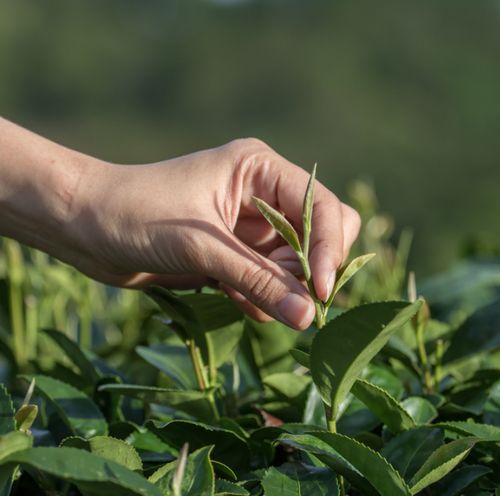
Tea originated from the plant Camellia sinensis “.Camellia sinensis originated in South East Asia around the intersection of latitude 29°N and longitude 98°E, the point of confluence of the lands of northeast India, north Burma, southwest China and Tibet. The plant was introduced to more than 52 countries, from this ‘center of origin’.”
The Chinese have consumed tea for thousands of years. People of the Han Dynasty used tea as medicine (though the first use of tea as a stimulant is unknown). China is considered to have the earliest records of tea consumption, with records dating back to the 10th century BC.
In one popular ,Chinese legend Shennong, the legendary Emperor of China and inventor of agriculture and Chinese medicine was drinking a bowl of just boiled water sometime around 2737 BC when a few leaves were blown from a nearby tree into his water, changing the color.

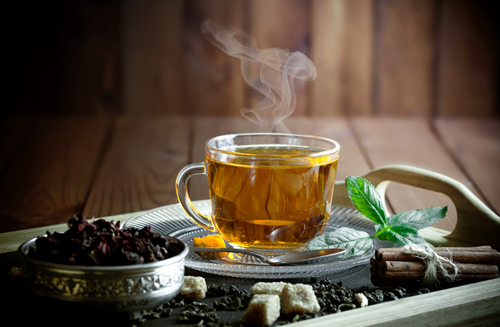
The emperor took a sip of the brew and was pleasantly surprised by its flavor and restorative properties.
Tea use spread to Japan about the sixth century. Tea became a drink of the religious classes in Japan when Japanese priests and envoys, sent to China to learn about its culture, brought tea to Japan.
Tea cultivation in India has somewhat ambiguous origins. Though the extent of the popularity of tea in Ancient India is unknown, it is known that the tea plant was a wild plant in India that was indeed brewed by local inhabitants of different regions. The cultivation and brewing of tea in India has a long history of applications in traditional systems of medicine and for consumption. Some cite the Sanjeevani tea plant first recorded reference of tea use in India. However, scientific studies have shown that the Sanjeevani plant is in fact a different plant and is not related to tea.
Types Of Tea
Tea is traditionally classified based on the techniques with which it is produced and processed.
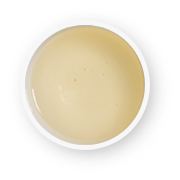
White Tea
Wilted and unoxidized
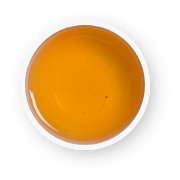
Yellow Tea
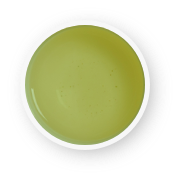
Green Tea
Unwilted and unoxidized
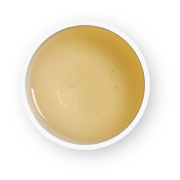
Oolong
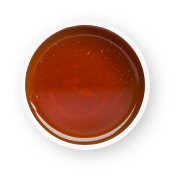
Black Tea
